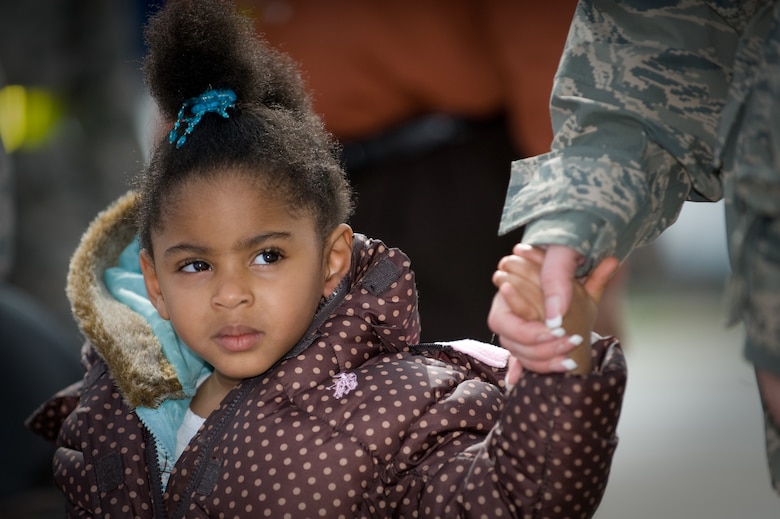Talking to your child about a Natural Disaster
On Friday, November 30th, Southcentral Alaska was rocked with a strong and devastating earthquake. At this time, the Anchorage and Mat-Su Valley area professionals have responded quickly and promptly to the overall devastation. Parents, though, are often met with an immediate and important question, ‘How do I make sure my child is safe and okay following a disaster?’
It is normal for children to feel frightened following a disaster, and temporary changes in behavior are not uncommon. Changes may be mild, last for a brief period of time, and diminish quickly.
Common behaviors may include: Younger children may engage in bed-wetting behaviors, have difficulty sleeping, and resist the idea of separating from their caregivers. Older children may be prone to exhibiting signs of anger, have difficulty concentrating at school, and isolate themselves more frequently. Children who are more vulnerable (i.e., past trauma, existing disorders, etc.) may indicate more severe emotional reactions that last for a longer-than expected amount of time. The most common concerns for children of any age include:
- Fear the event will reoccur
- Loss of a caregiver/family member/friend
- Being left alone or separated from family
How do I relieve these fears?
- Addressing fears can include clarifying misunderstanding in acknowledging concerns and perceptions.
- Discuss disaster-preparedness plans to increase your child’s sense of safety and security.
- Once you have discussed this, practice the plan.
- Listen to what they are saying. If they ask questions, provide simple answers and identify the facts.
- If your child(ren) have difficulty expressing thoughts and feelings about the situation, provide them the opportunity to draw a picture or tell a story of what happened. This reduces the stress talking may incur and can help them process what happened.
- As quickly as possible, re-establish daily routines for work, school, play, meals, and rest. A quicker return to normal can reduce common fears and responses.
- Monitor and limit the family’s exposure to media. This can additionally assist with reduction of fear and confusion and limits the exposure to anxiety-provoking information.
For information or to get help and support you or someone you care about may be feeling related to any disaster, call Disaster Distress Helpline at 1-800-985-5990 or visit http://disasterdistress.samhsa.gov
Ashley Doss, MA
Psychological Intern
School Psychology Program
Stephen F. Austin State University
Ashley has received training at Stephen F. Austin State University in Nacogdoches, TX. She is currently completing her doctoral level internship year with Ptarmigan Connections.

